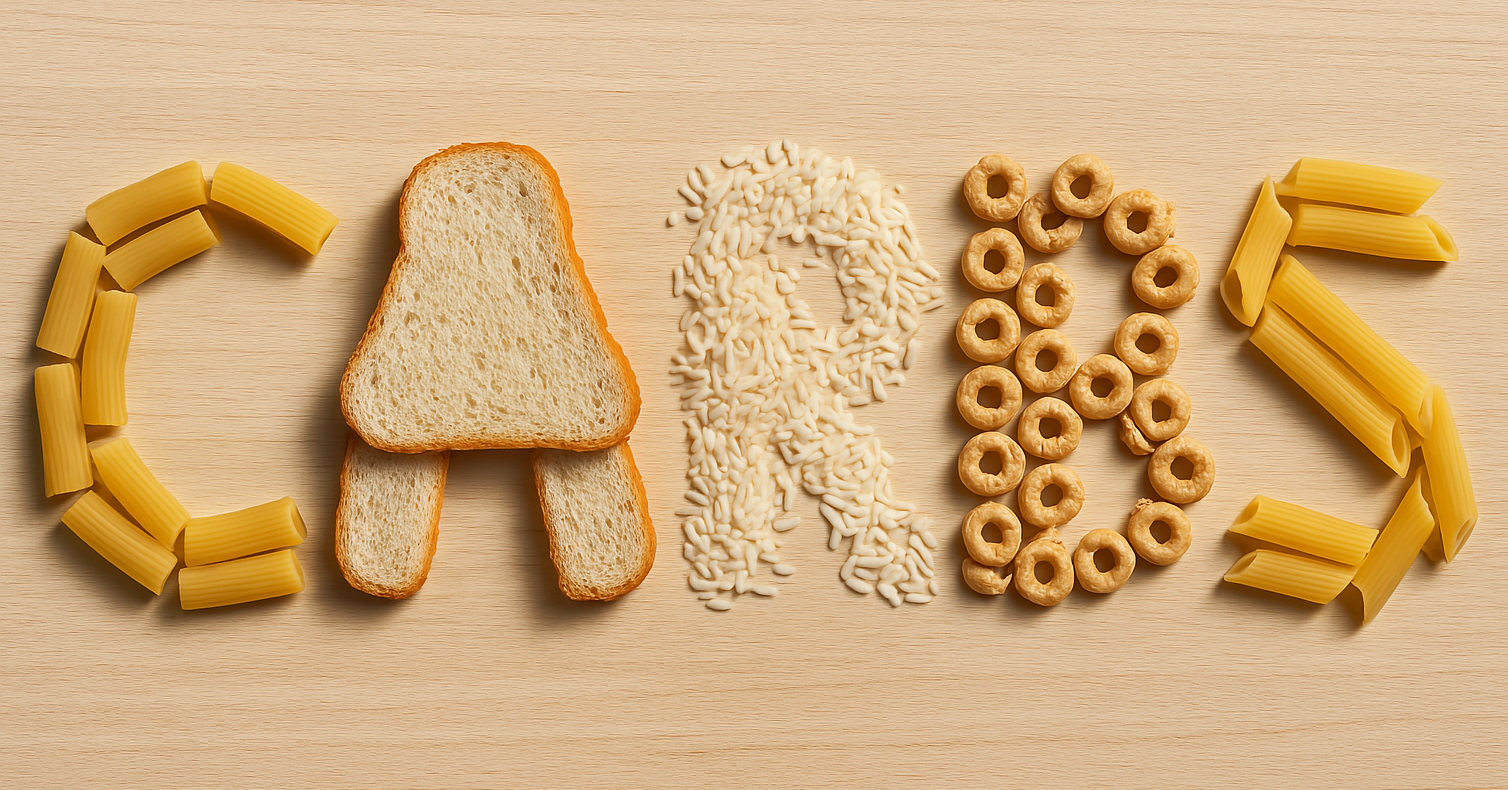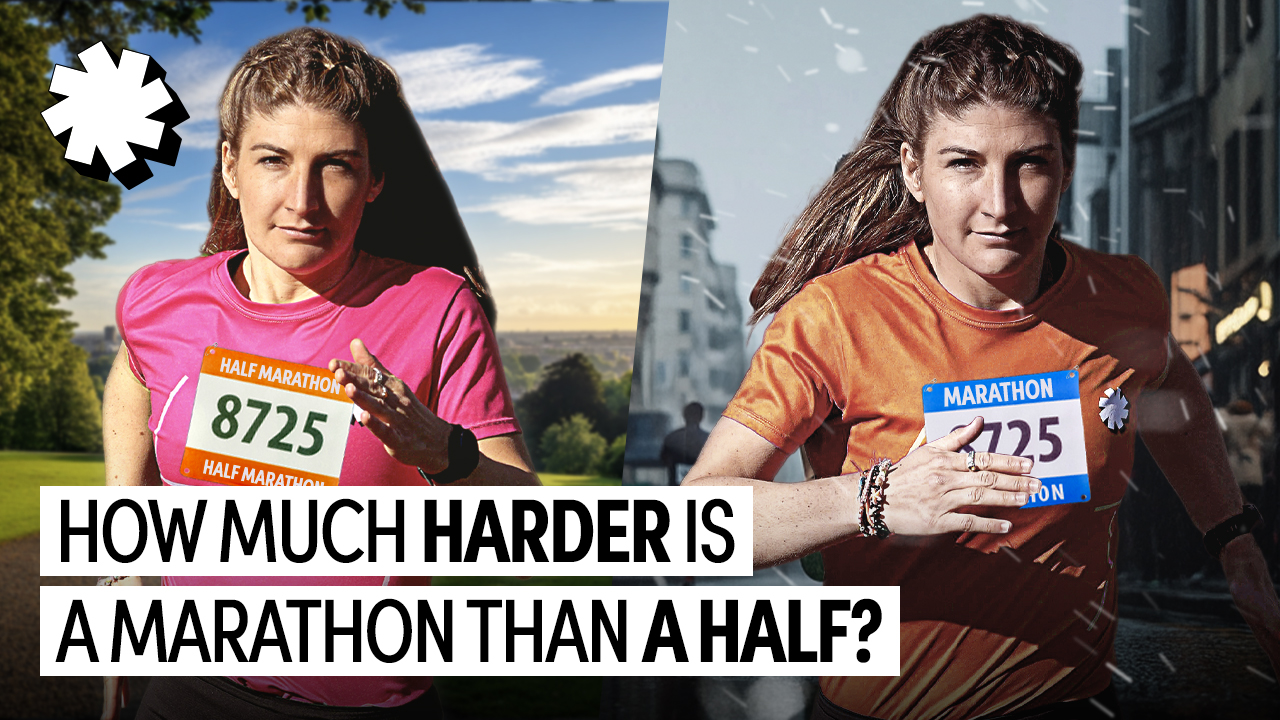Does Running Burn Belly Fat?

Running is a popular form of exercise for those looking to improve their overall fitness and well-being, and to maintain or lose weight.
But is running a good exercise to lose weight? Can running burn belly fat? Is running a safe way to maintain body weight? And how many calories does running burn?
Here’s what you need to know.
First, a disclaimer: we’re runners and not health professionals or weight loss experts. At The Running Channel we care about running to improve your physical and mental health, and to do that we believe that you need to fuel your workouts and approach each run with a mindset that’s looking to improve as a runner, not simply to lose weight.
THE PHYSICAL BENEFITS OF RUNNING
Being consistent with your running helps you to improve your cardiovascular fitness, endurance, muscle strength and can also help to improve your mental health. Running is also one of the most efficient forms of exercise for burning calories which can contribute to weight management.
HOW DO YOU LOSE WEIGHT?
Weight loss comes from being in a caloric deficit. That means we burn more calories than we consume in a day.
A general guideline around the world is for men to consume around 2,500 calories per day and for women to consume 2,000 calories a day. That’s the average ‘basal metabolic rate’ (BMR).
Your actual basal metabolic rate, which is the number of calories you burn in a day, is individual and based on your height, weight, muscle mass, metabolism and even hormones. It represents the amount of calories your body needs in a day to maintain its basic functions when at rest.
If you’re very active, whether through work or exercise, then you have a greater caloric need than your BMR.
Weight loss can come when we consume fewer calories than we burn overall in a day.
HOW MANY CALORIES DOES RUNNING BURN?
For most people, running burns around 60 calories per kilometre, 100 calories per mile, or 300 calories per 5k (more on running and calories here).
The speed at which you run that distance doesn’t really affect the calories burned, though your height and weight will have an impact on caloric expenditure.
However, something called Excess Post-Exercise Oxygen Consumption (EPOC), otherwise known as the ‘afterburn effect’, means that after very hard exercise we continue to burn calories for longer compared to an easier effort.
That means that if you were to do a 10k run one day and two days later you were to run 8 x 1k fast intervals (with 1k warm up and 1k cool down), you’d likely end up burning more calories on the second day even though you ran the same overall distance.
NEED TO KNOW: It’s essential to remember that we need to maintain a good balance to the overall exercise that we do. The 80/20 running rule is a good guide in that you should do 80% of your weekly running volume at an easy pace. This means that you shouldn’t do hard workouts every single day or you’ll end up with a high injury risk.
IS RUNNING A GOOD WAY TO LOSE WEIGHT?
Running is a good form of exercise to burn calories. If you run for 30 minutes a day, you’ll likely burn 200-500 calories.
Running has been shown to lead to greater weight loss than walking, but brisk walking and any other form of cardio exercise, plus strength training, all help positively towards weight management.
Research suggests that the combination of running with a controlled diet is more effective than running alone in weight loss. Exercise and diet become even more effective for weight loss if you’re able to get enough quality sleep.
If you want to use running as a way of losing weight, then you need to have a structured exercise plan to help you to gradually increase the amount that you can run. You shouldn’t just try to run every day or it could lead to injury.
The NHS and CDC suggest at least 150 minutes of moderate physical activity each week, spread over four to seven days. You could also do more vigorous activity (like running), and should do some strength training. Eat a diet that’s high in protein, includes quality carbohydrates and fats, and is low in processed foods, and doesn’t put you in a surplus of daily calories. Try to get adequate sleep. Do this consistently and you will improve your overall health which may lead to weight loss.
DOES RUNNING BURN BELLY FAT?
Running can help you to lose excess weight (or prevent more fat from developing) as part of a balanced diet and fitness regime.
But it’s not possible to specifically target where you will lose weight from on your body. You can work towards overall weight loss and reducing fat, but it’s impossible to predict where you might lose that weight from.
WHY IS GOOD FUELLING REALLY IMPORTANT FOR RUNNERS?
It’s really important to remember that running and other exercise requires energy; we need to consume calories to be able to exercise well, and to exercise in a sustainable way.
If we restrict calories then running and other exercise can feel much more challenging, and may be damaging to our health.
Even if you are running as a way to maintain weight or lose belly fat, then it’s still crucial to think about having a snack before every run, staying well-hydrated, and eating lean protein and carbs after your run.
***





























Running News
Ingebrigtsen Stars at World Athletics Indoor Championships 2025 – Plus All The Winners!
Sam Ruthe Is First 15-Year-Old To Run A Four-Minute Mile!
Eliud Kipchoge Will Run The 2025 Sydney Marathon!